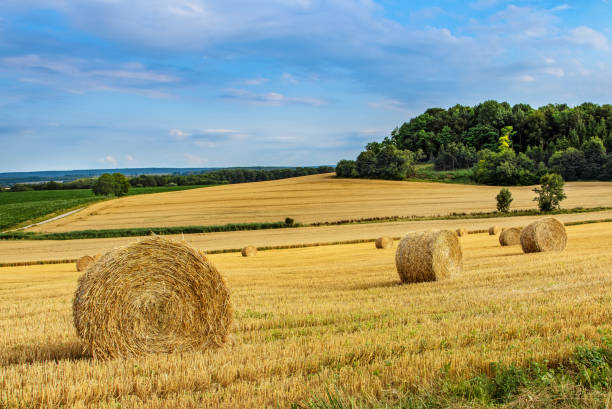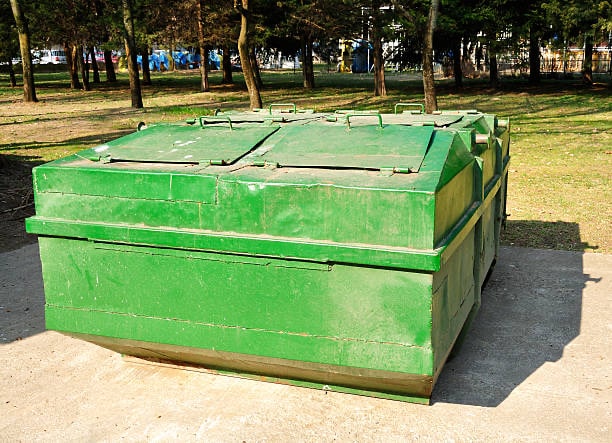Most of the time, birds can cause damage to your baling twine.
The other problem is that when birds land on your bales, they can break the twine and cause the bale to unravel. So if you have a lot of birds in your area, it’s important to keep an eye on your baling twine and make sure it’s in good condition.
If you find that your baling twine is starting to show signs of wear, it’s best to replace it before it breaks completely.
Baling twine is an essential part of any farm operation, so it’s important to take care of it. To know more about baling twine and silage wraps, visit this link here.
It is important to prevent wrap damage. To prevent damage, one thing you can do is minimise the risk of field stubble. Dr Davies of Silage Solutions suggests a simple approach.
He recommends making two holes in a cow mat. Then tie the mat to the end of the baler with baling twine. This will help stop the mat from being pulled into the baler and wrapped around the bale.
Another way to prevent damage is to use a double knot when tying your bales. This will make it more difficult for the twine to come undone and help keep the bale together if the twine does break.
It’s important to stack your bales when it comes to storing them correctly. Incorrect stacking can lead to broken bales and damaged twine.
The best way to stack bales is on their flat side, with the string running horizontally. This will help distribute the bales’ weight evenly and prevent them from toppling over.
It’s also important to keep your bales from the sun and rain. If they get wet, they can start to rot, which will damage the twine. Bales should be stored in a dry, well-ventilated area.
Use pest-repellant wraps, according to Dr Davies. Take extra care when handling baling twines. Also, cover the holes of the twine properly. Finally, make sure no air can come out of the wrap.
This will prevent insects from getting in and laying eggs. In addition, keep the area around your bales clean. This will help to deter pests.
It’s important to stack your bales when it comes to storing them correctly. Incorrect stacking can lead to broken bales and damaged twine.
The best way to stack bales is on their flat side, with the string running horizontally. This will help distribute the bales’ weight evenly and prevent them from toppling over. Visit this link and learn more about baling twine.
It’s also important to keep your bales from the sun and rain. If they get wet, they can start to rot, which will damage the twine. Bales should be stored in a dry, well-ventilated area.
Baling twine is an essential part of any farm operation, so it’s important to take care of it. By following these tips, you can help extend the life of your baling twine and prevent damage to your bales.
Twine is an essential part of any farm operation, so it’s important to take care of it. With a little bit of effort, you can keep your twine in good condition for many years to come.








